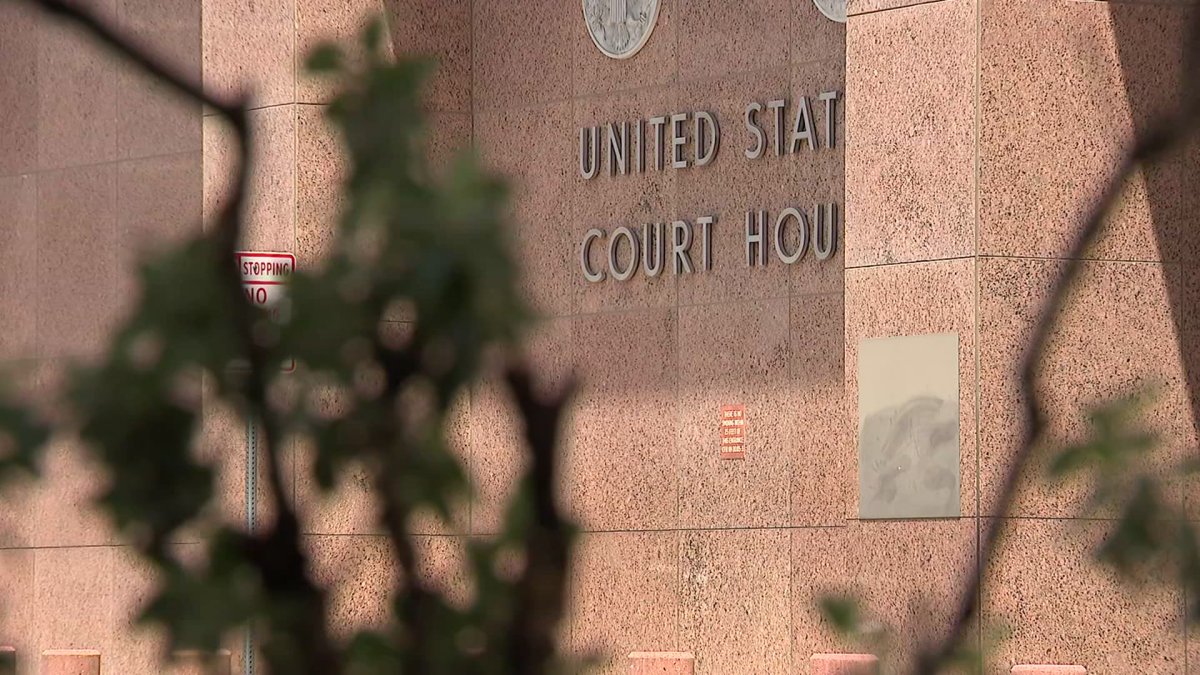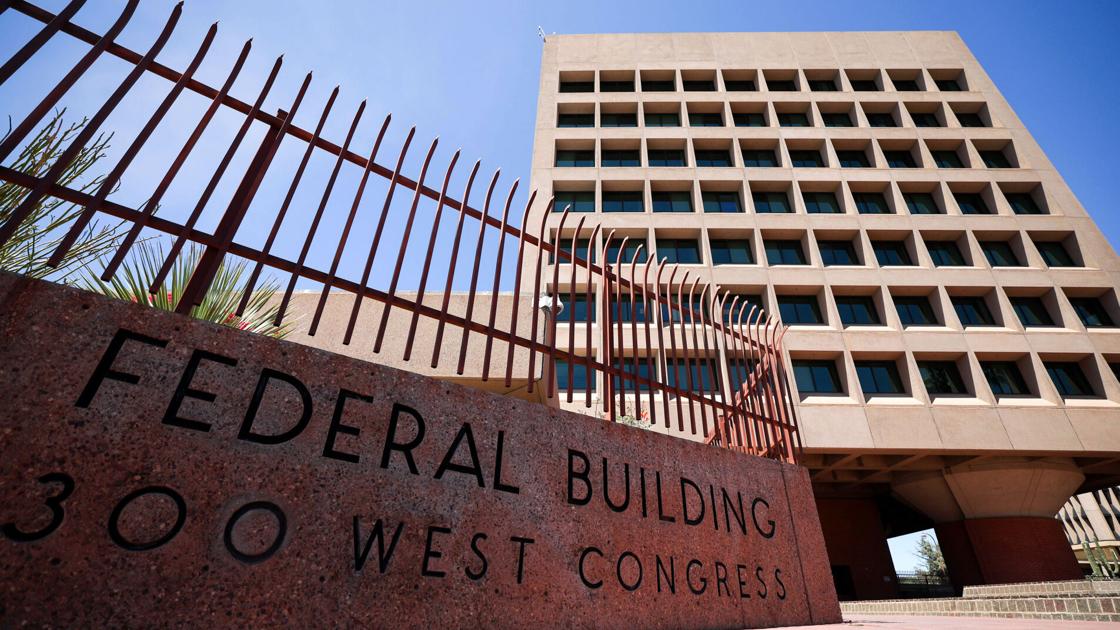
Plainclothes federal agents took at least three individuals into custody outside a Dallas immigration courtroom Friday.
It’s part of a stepped-up enforcement effort from the Department of Justice to remove undocumented individuals more quickly.
NBC-5 reporters witnessed one individual detained outside a courtroom in the Earle Cabell Federal Building in downtown Dallas, and two others told a Telemundo 39 reporter that their relatives were detained as well.
Another 15 individuals were seen taken into custody over a two-day period last weekaccording to our content partners at The Dallas Morning News.
Guadalupe Ontiveros says her nephew, Evin Villanueva Herrera, 18, arrived at the federal courthouse Friday for a hearing in his immigration case.
But instead of receiving a next court date, an attorney withthe Department of Homeland Security filed a motion to dismiss.
Ontiveros said she then watched plainclothes agents take her nephew, who arrived in the U.S. from Honduras, into custody moments after leaving the courtroom.
“I convinced him to come (to court) because it was the right thing to do, but the judge granted him an appeal, and as soon as we walked out the court doors, they took him,” Ontiveros said.
It’s a legal process called expedited removal, allowing the federal government to remove undocumented individuals who have arrived in the U.S. in the last two years and don’t have an active asylum claim.
The practice, once confined to a geographic radius near the border, now applies across the U.S., according to Eric Cedillo.
“They (DOJ) have the legal ability to do what they’re doing,” Cedillo said
The Dallas-based immigration attorney who did not have any connection to the cases at the federal building Friday, said while individuals have thirty days to appeal, they must do so in custody and by mail.
He added that the stepped-up enforcement, seen in several cities across the US, has led to growing concern for those who arrived in the U.S. within the last two years, even among individuals who filed legitimate asylum claims within a year of arrival.
“It is having that effect of instilling fear in those individuals who are asking those questions of what can I do to protect myself,” Cedillo said.
A request for comment from Immigration and Customs Enforcement was not immediately returned Friday.



